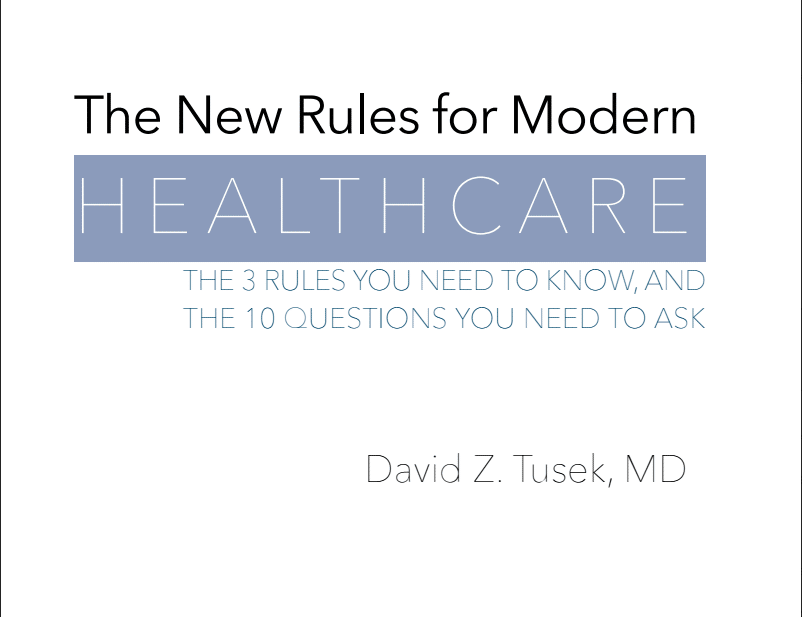THE ANNUAL PHYSICAL
circa 2016 A.D.
You arrive for your annual physical exam. You are 45 years old and you feel “OK” overall, but lately you’ve been feeling more tired. Sleep is so-so, overall motivation and sex drive has been on a downward slide, and your overall vitality seems to slowly be fading. You’ve gained a bit of weight over the last few years, and you have noticed that your memory doesn’t seem to be as crisp as it used to be.
Your spouse has mentioned that you seem more cranky lately. You report that your diet is “pretty good” because you don’t eat too much fast food, but in reality you’re really confused by all of the conflicting information out there about nutrition.
You know that a few of your relatives passed away from cancer, but you don’t really know the details. You have an uncle who had a heart attack at a fairly young age.
You’ve come to the doctor with an open mind, not really sure what to expect from your 45,000 mile tune-up.
Your doctor takes your history and examines your skin for moles, listens to your heart, measures your Body Mass Index and vital signs.
Next you have an EKG and basic labs are drawn to check your liver and kidney function, electrolyte, serum protein levels, iron, Vitamin D, cholesterol for heart disease screening, glucose for diabetes screening, thyroid, uric acid, and several inflammatory markers.
OK, what’s next?
Get the full article to learn the 3 Rules you Need to Know
and the 10 questions you need to ask at your next exam.

